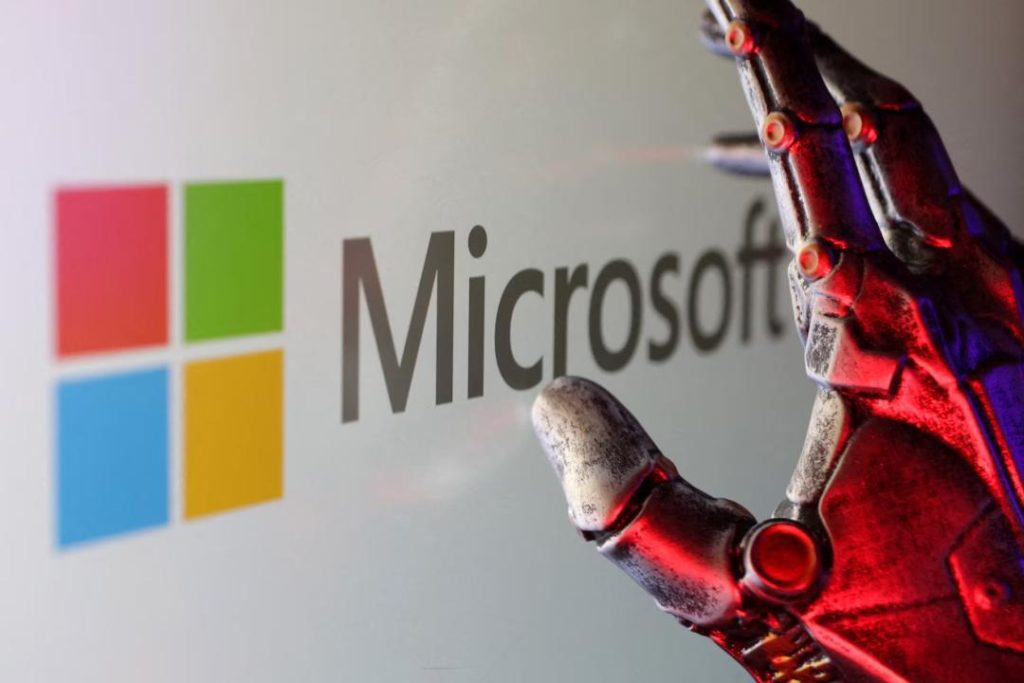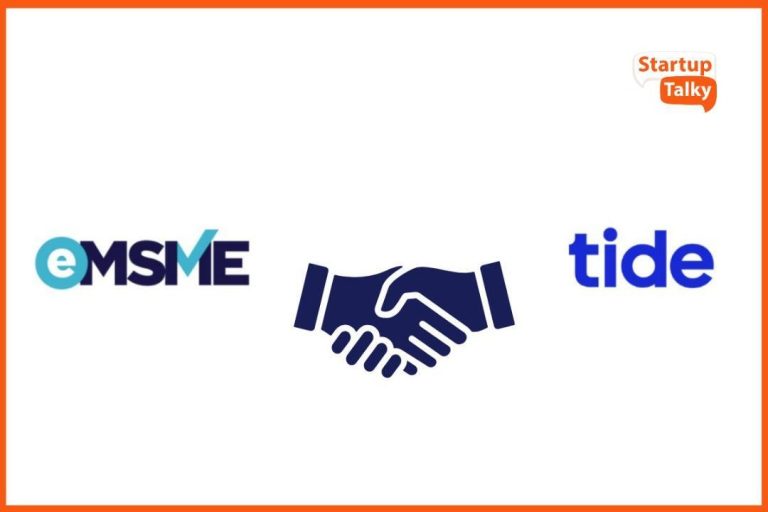
Microsoft Creating Own AI Models to Compete with OpenAI: Report
In a surprising move, Microsoft is reportedly developing its own artificial intelligence (AI) reasoning models to compete with OpenAI, a company it has heavily invested in. According to a report by The Information, Microsoft is testing models from other AI startups, including xAI, Meta, and DeepSeek, as possible replacements for OpenAI’s technology in its Copilot product.
Microsoft’s decision to create its own AI models comes as a shock, given its significant investment in OpenAI. The company has invested around $14 billion in the startup to date, making it one of OpenAI’s largest backers. However, it appears that Microsoft is looking to diversify its AI capabilities and reduce its reliance on OpenAI.
The Information’s report suggests that Microsoft is developing its own AI reasoning models, which will allow it to compete directly with OpenAI’s technology. The models are designed to enable AI systems to reason and make decisions, rather than simply processing data. This technology has the potential to be used in a wide range of applications, from chatbots and virtual assistants to autonomous vehicles and medical diagnosis.
Microsoft’s decision to create its own AI models may be motivated by a number of factors. One reason may be a desire to reduce its reliance on OpenAI, which has its own agenda and goals. While OpenAI is focused on developing AI technology that is safe and beneficial to humanity, it has also been criticized for its lack of transparency and accountability. By developing its own AI models, Microsoft may be looking to gain more control over the development and deployment of AI technology.
Another reason for Microsoft’s decision may be a desire to differentiate itself from OpenAI and other AI startups. While OpenAI is focused on developing AI technology that can perform a wide range of tasks, Microsoft is looking to develop AI models that are specifically designed for its own products and services. This could give Microsoft a competitive advantage in the market, as it will be able to develop AI technology that is tailored to its own needs and goals.
Microsoft’s decision to create its own AI models is also likely to be driven by a desire to reduce its costs. Developing and deploying AI technology is a complex and expensive process, and Microsoft may be looking to reduce its costs by developing its own models. This could also give Microsoft more control over the development and deployment of AI technology, as it will not be reliant on OpenAI or other third-party providers.
In addition to developing its own AI models, Microsoft is also testing models from other AI startups, including xAI, Meta, and DeepSeek. These models are designed to perform a wide range of tasks, from natural language processing and computer vision to robotics and autonomous vehicles. By testing these models, Microsoft may be looking to identify the most promising technologies and integrate them into its own products and services.
The news of Microsoft’s decision to create its own AI models is likely to have significant implications for the AI industry as a whole. It suggests that even the largest and most successful companies are willing to take risks and invest in new technologies, even if it means competing with their own partners and collaborators. It also highlights the importance of diversification and innovation in the AI industry, as companies look to stay ahead of the competition and drive growth and profitability.
In conclusion, Microsoft’s decision to create its own AI models is a significant development in the AI industry. It suggests that even the largest and most successful companies are willing to take risks and invest in new technologies, even if it means competing with their own partners and collaborators. By developing its own AI models, Microsoft may be looking to gain more control over the development and deployment of AI technology, reduce its costs, and differentiate itself from OpenAI and other AI startups.
Source:






